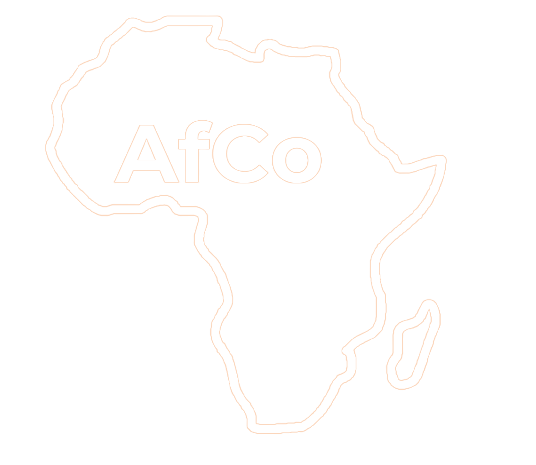Access to Genetic Resources and Their Valorization: A Multi-Partnership Program in Bolivia
The Convention on Biological Diversity confirmed the idea that the valorization of biodiversity can be placed at the heart of a strategy that combines nature conservation and sustainable development. This paper examines a project in Bolivia that sets up a supply chain for medicinal and aromatic plant extracts. The program, called Biodesa-FFEM, aims to conserve biodiversity by marketing these extracts. Biodesa is an example of the implementation of the principles of the Convention on Biological Diversity in a country with advanced legislation on access to genetic resources. Activities as diverse as the exploration of new uses for plants, legal access to resources, the production of scientific knowledge, and the marketing of ethno-botanical knowledge are all leading to the creation of new partnerships around a university center in Cochabamba. We study the nature of these partnerships between the public and private sector, between the market and nature conservation, between supply and demand for plant resources, and between scientists and people with local knowledge. We examine the question as to whether these partnerships are conducive to the emergence of a market for natural products.
